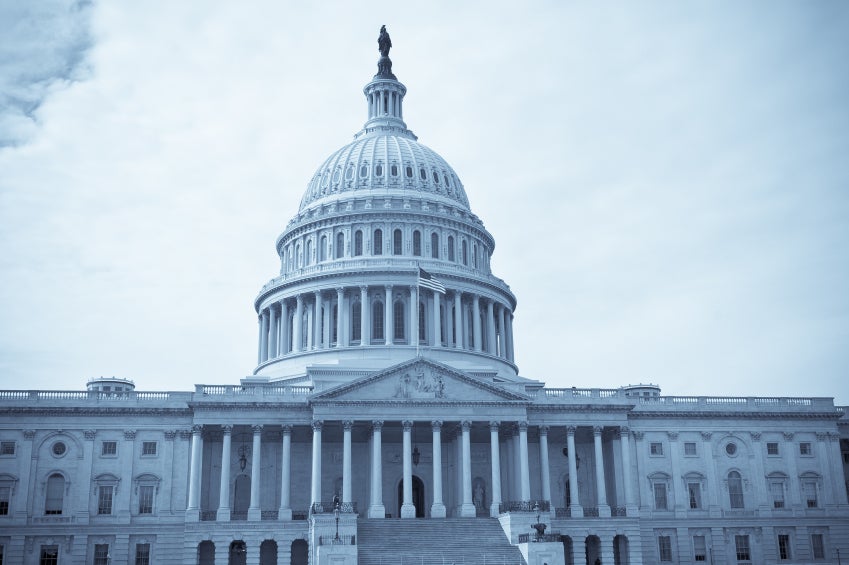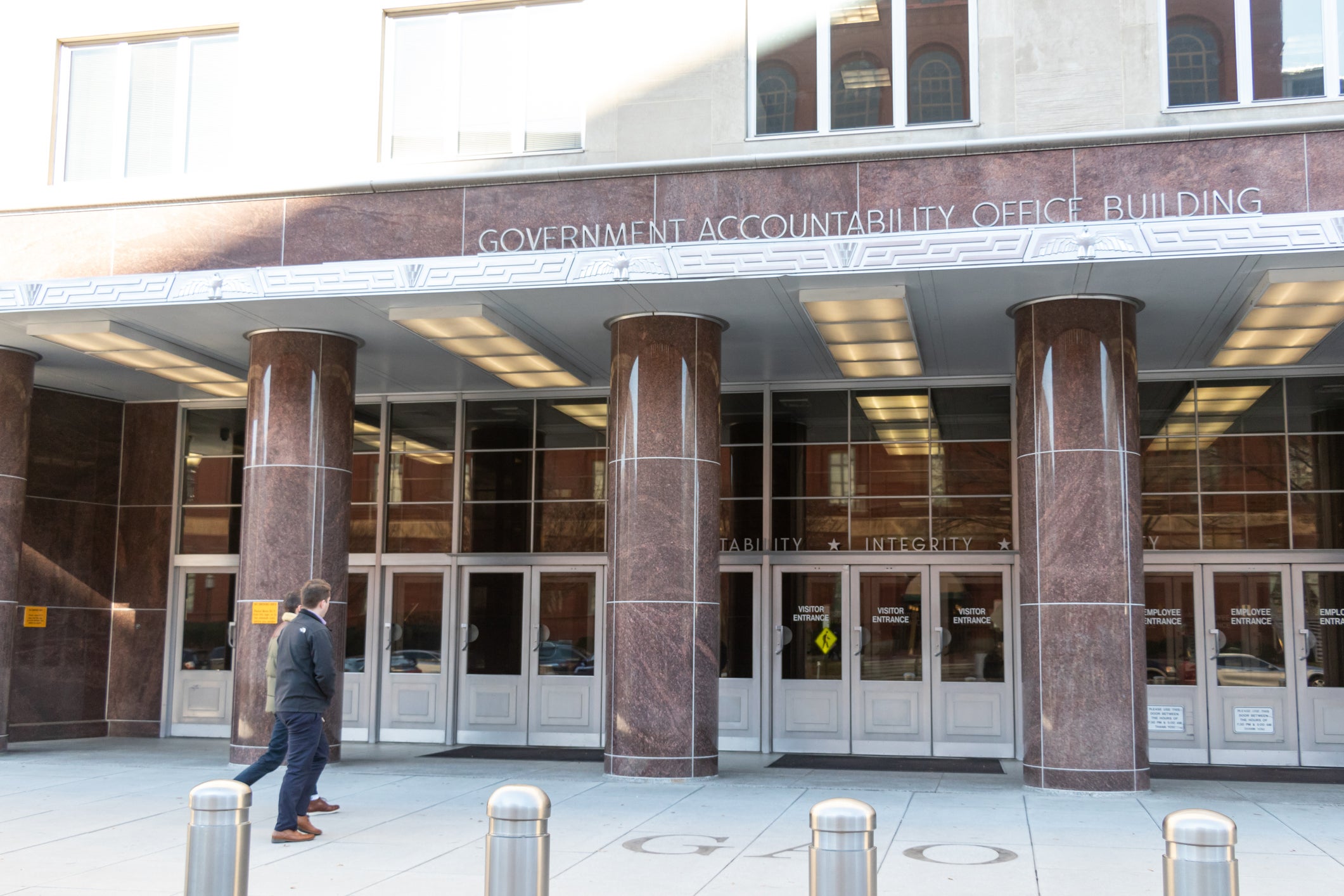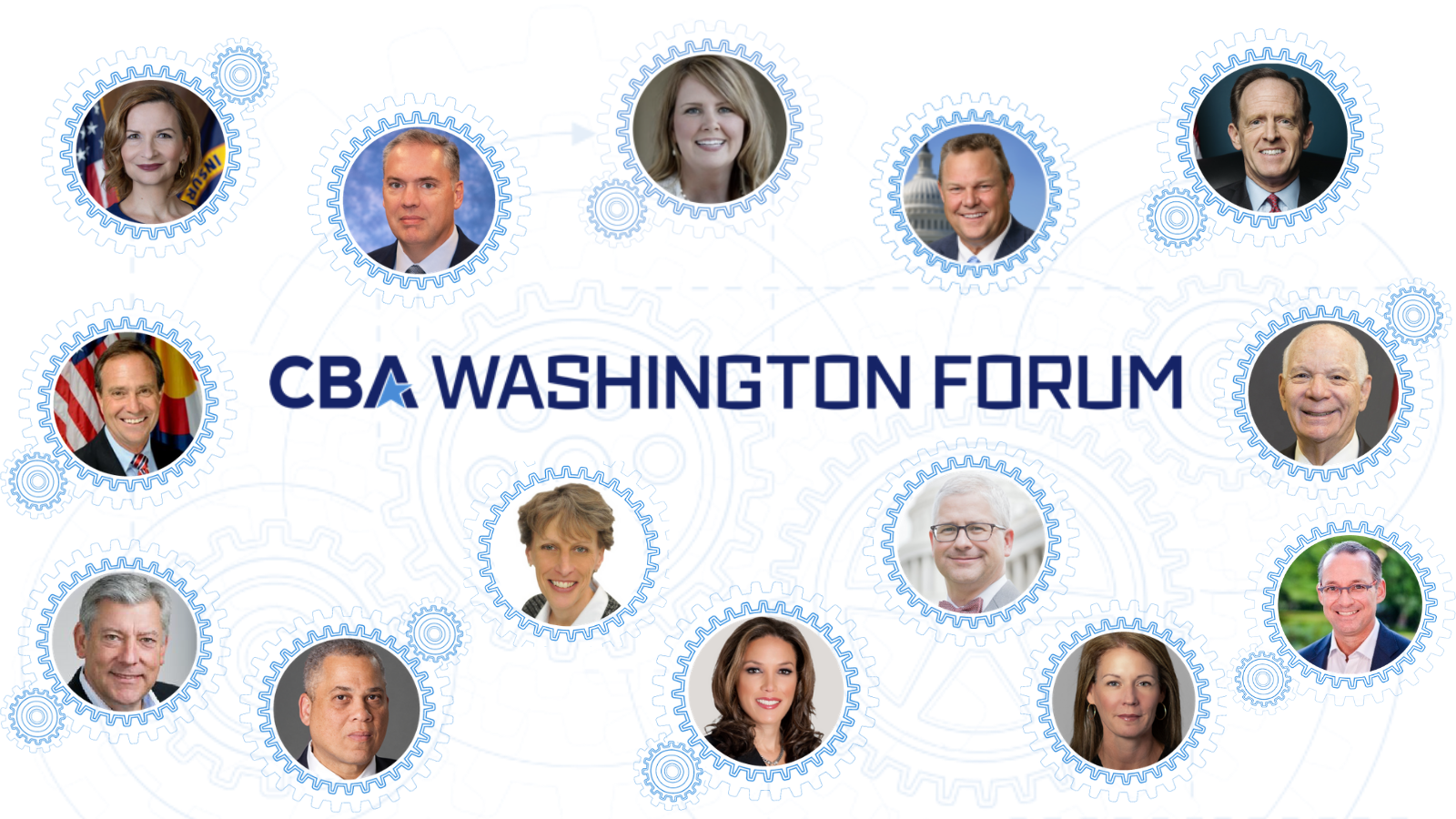CBA Comment Letter re Larger Participant Rule Lending

Director Chopra:
The Consumer Bankers Association (CBA) congratulates you on your confirmation as the Director of the Consumer Financial Protection Bureau (Bureau). CBA has worked with every Director since the Bureau’s inception to champion the consumer benefits of retail banking and advocate for sound banking policy. CBA welcomes the opportunity to work with you to advance the Bureau’s mission outlined in the Dodd-Frank Wall Street Reform and Consumer Protection Act (Dodd-Frank Act) of “ensuring that all consumers have access to markets for consumer financial products and services and that markets for consumer financial products and services are fair, transparent, and competitive,” including by ensuring “Federal consumer financial law is enforced consistently, without regard to the status of a person as a depository institution, in order to promote fair competition.”
The Bureau has several tools to facilitate competitive markets for consumer financial products and services, one of the most effective being the larger participant rule. To that end, CBA urges the Bureau to add unsecured consumer loans to the larger participant rule so that the Bureau can supervise the key nonbanks in that market. Financial technology companies (fintechs) increasingly are providing financial products and services, but their activities are largely unsupervised by the Bureau, leaving customers vulnerable. Fintechs offering products similar to those offered by the nation’s leading retails banks must be held to similar standards to ensure consumers are protected. The Bureau should invoke 12 U.S.C. § 5514 to extend its authority over larger participants in markets in which fintechs are becoming increasingly more prevalent with each passing year.
Section 1024 of the Dodd-Frank Act, 12 U.S.C. § 5514, sets forth several conditions under which the Bureau may supervise nondepository covered persons. The statute expressly grants this supervisory authority in the residential mortgage, private education lending, and payday lending markets.4 It also allows the Bureau to extend its supervisory authority to the larger participants of markets for other consumer financial products or services if the Bureau first defines by rule what constitutes a larger participant in that specific market in consultation with the Federal Trade Commission.5 The Bureau issued a rule defining larger participants in the consumer reporting market,6 and amended the rule over time to include definitions for the consumer debt collection,7 student loan servicing,8 international money transfer,9 and automobile financing markets10 (larger participant rule). It is time for the Bureau to further amend the rule to include markets increasingly led by nonbank covered persons, and fintechs comprise a large portion of this group.
The unsecured consumer lending market is ripe for inclusion in the larger participant rule because non-supervised fintechs offer financial products and services to consumers in numbers that rival some of the country’s largest supervised banks, but operate outside of the supervisory framework that allows the Bureau to monitor their activities and prevent consumer harm. Square and Venmo each have more active users than JPMorgan Chase has deposit accounts.11 Chime provides mobile banking services to 12 million customers,12 the same as BMO Harris, the eighth largest bank in the United States. Fintechs now issue nearly half of all personal loans, up from just 22 percent in 2015. Fintechs cannot be left to continue their large-scale activities in this market unsupervised.
The threat to consumers posed by non-supervised fintechs is known to the Bureau. On September 8, 2021, the Bureau filed suit against LendUp Loans, LLC, a fintech offering single-payment and installment loans, for violating a 2016 consent order and deceiving tens of thousands of borrowers about the benefits of repeat borrowing. Approximately 50,176 consumers were harmed by LendUp Loans, LLC’s actions. Similarly, in July 2021, the Bureau entered into a consent order17 with GreenSky, LLC, a servicer and facilitator of consumer loans. The fintech lending platform engaged in unfair acts and practices by enabling merchants to submit loan applications on consumers’ behalf without the consumers’ knowledge or consent, and then approved such loans. This space is likely to continue growing, and the lack of Bureau supervision of nonbanks in this space will leave even more consumers vulnerable.
The attendant risks of non-supervised fintech activities became clear during the distribution of Paycheck Protection Program (PPP) funds. A recent study found that fintech PPP lenders were nearly five times more likely than traditional lenders to be involved with suspicious loans, and that nine out of the top ten lenders with the highest rates of suspicious PPP loans were fintech firms.18 Although the foregoing example relates to the small business context, fintechs participating in markets for other consumer financial products or services are similarly susceptible to adopting unproven or risky processes that, if left unexamined by Bureau Supervision, could harm consumers.
A failure to examine fintechs does not just contribute to an uneven playing field between fintechs and supervised entities, but more importantly, results in a continuous and growing threat of consumer harm. Consumers are best protected when entities offering similar financial products and services are subject to the same oversight. Due to the growing popularity of products offered by nonbanks in the unsecured consumer lending market, and the prior actions by the Bureau against bad actors in this market, the unsecured consumer lending market is the perfect place for the Bureau to next expand its supervisory authority through the larger participant rule.
The CBA stands ready to assist the CFPB in this effort or with any other work undertaken by the Bureau to level the playing field for all financial product and service providers.
Sincerely,
Richard Hunt


